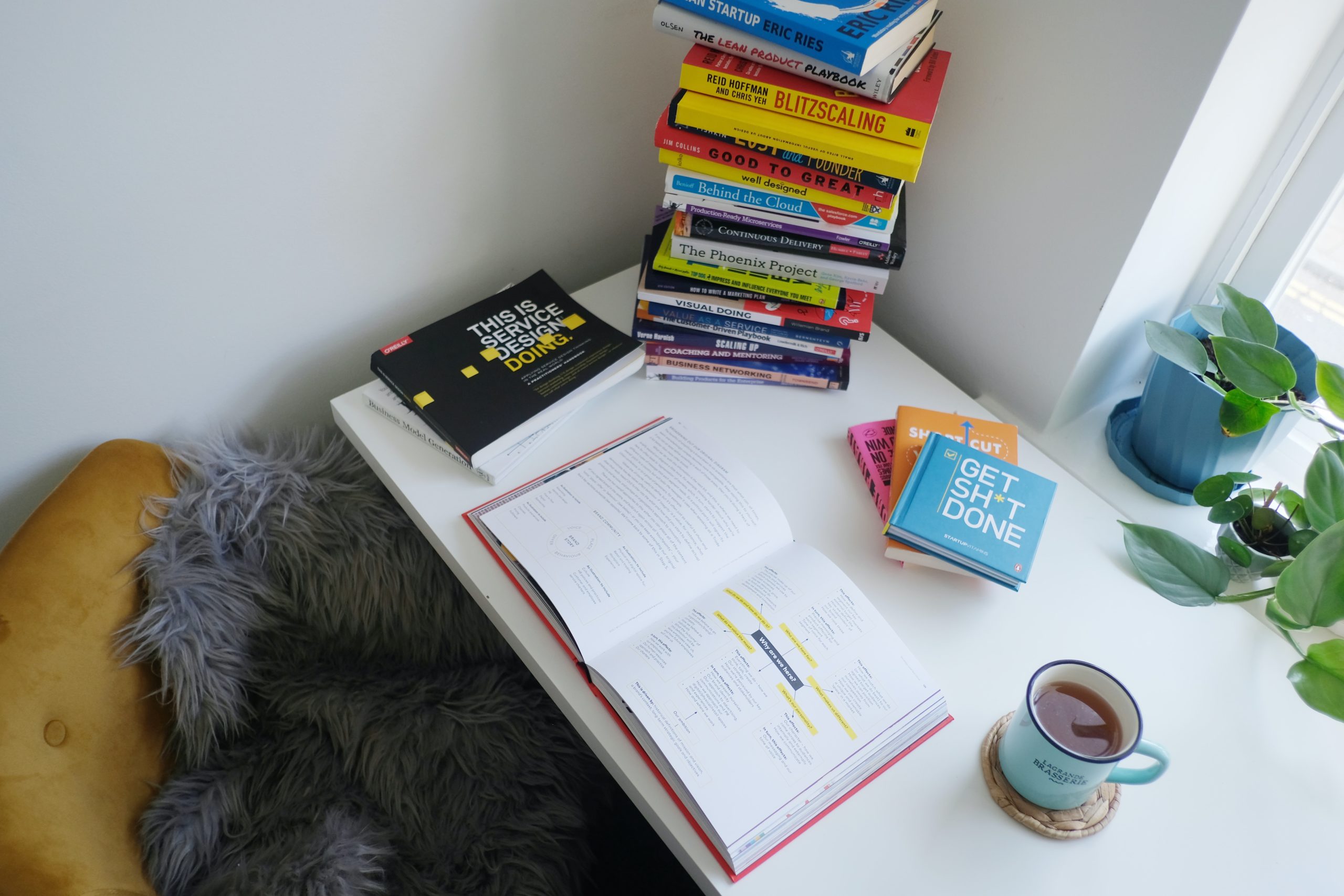“A routine is not a prison, but the way to freedom from time,” said famed author and philosopher, Patrick Lindsay. In the context of starting a new job, establishing a routine is an essential part of adapting, excelling, and carving out your niche within the new work environment.
The Importance of a Routine in a New Role
In the midst of learning new responsibilities, understanding the company culture, and building relationships, a well-structured routine can act as a guide and a grounding mechanism. Here’s why:
- Enhanced Productivity: A routine helps structure your day, which can reduce the mental load of decision-making and help you focus on your work.
- Improved Time Management: By scheduling tasks and activities, you can ensure you’re dedicating enough time to critical responsibilities.
- Balanced Work-Life Integration: Establishing work-life boundaries can prevent burnout and maintain a healthy balance between professional and personal life.
- Reduced Stress: Knowing what to expect from your day can reduce stress and make you feel more in control.
Establishing a Solid Routine in Your New Role
Here are some steps to create an effective routine:
Understand Your Responsibilities
The first step is to understand your new responsibilities. Create a list of tasks and duties, prioritize them based on their importance and deadlines. This list becomes the foundation of your routine.
Know Your Peak Productivity Times
Productivity isn’t constant throughout the day. Identify your most productive periods (e.g., some people are “morning people”, while others peak in the afternoon or evening) and schedule challenging tasks during those hours.
Create a Daily Schedule
With your responsibilities outlined and your peak productivity times identified, you can now create your daily routine. Use digital tools, like Google Calendar or a productivity app, to schedule and manage your time.
Set Boundaries
Work-life balance is crucial for long-term success and mental health. Set clear boundaries for work hours, and ensure you take regular breaks to rest and recharge.
Incorporate Time for Learning
Starting a new job involves a steep learning curve. Allocate specific time slots for learning—whether it’s about your role, company culture, or industry trends.
Adjust as Needed
Your initial routine might need tweaking. Be flexible and make adjustments based on what’s working and what’s not.
Seek Feedback
Seek feedback from your superiors and peers to gauge your performance and ensure you’re meeting expectations.
Creating a routine is like carving a path through a forest—it takes effort initially but makes the journey easier and more predictable over time. Remember the wise words of Aristotle, “We are what we repeatedly do. Excellence, then, is not an act, but a habit.” By creating a successful routine, you’re creating habits that pave the way for your success in your new role.
